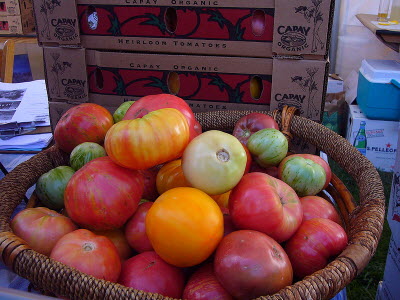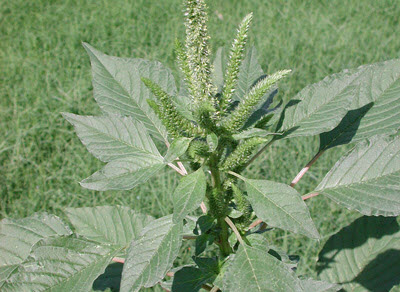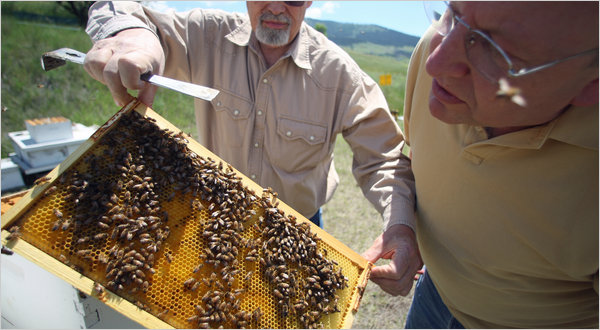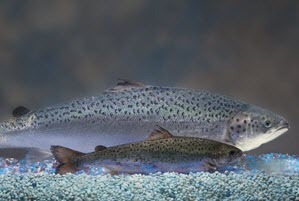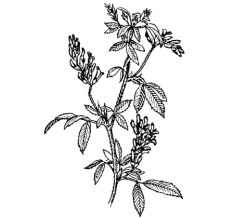Scientists at the University of Bristol have discovered a previously unknown route by which GM genes may escape into the natural environment leading to questions about the unintended patented gene flow.
|
|
|||
|
According to the global market research firm RNCOS, the organic food market in the United States is to continue rapid growth that was barely quieted by the economic recession. While environmental issues have taken a back seat to economy all over the country, industry groups and their defenders in Congress are using this time to advance an agenda designed to erode many successful laws, such as Clean Water Act. While still under investigation for anti-competitive patent practices and under a threat of an anti-trust case against them, Monsanto is busy tackling other issues. A look at the recent GMO stories, including a manifesto for changing the system of industrial food production and farming, also recent studies revealing the health hazards of GMOs. A settlement in GM rice contamination lawsuit. The tragedy of CAFOs in pictures. And more. Superweeds are invading fields across the globe. Before we start looking blaming farmers, however, careful attention must be paid to government agencies and seed companies and how the two partner-up to foster the conditions that lead to superweeds. Federal Court finds that Plaintiffs are likely to succeed on their claims that the Animal and Plant Health Inspection Services illegally permitted the planting of genetically engineered sugar beet. At last there seems to be an answer to the honeybee disappearance mystery. A virus-fungus one-two punch is now the lead suspect behind honeybee devastation. However, additional studies are needed to determine to determine the exact mechanisms leading to honeybee deaths. With Non GMO Month around the corner, let’s return to the basics: why avoid GMOs? Among concerns, human and animal health, environmental impact, morals and ethics, socioeconomic issues, and food labeling. The Office of Inspector General gave the nation’s residue inspection program, which monitors to ensure that the nation’s meat supply is free from chemical contamination, a failing score. Eat meat at your own risk. AHPIS announced its response to a recent federal court decision which banned the planting of Monsanto’s GM sugar beets until the agency conducts an EIS. Many, however, see the agency’s response as an attempt to circumvent the court’s ruling. Monsanto says it’s cutting about 650 to 700 more jobs as it continues to restructure its business, according to a story we first read on NPR on August 31st 2010. The Food and Drug Administration has preliminarily determined that a genetically modified salmon developed by AquaBounty Technologies is safe for human consumption but many questions about the safety of GE salmon persist. The 3rd Circuit Court of Appeals recently permitted New Jersey blueberry farmers to continue with their suit for negligent misrepresentation, fraud and products liablity against a pesticide manufacturer, Novartis Crop Protection, Inc. In depth analysis of Judge White’s decision which rescinded USDA’s and APHIS’ decision to deregulate Roundup Ready sugar beets without conducting an Environmental Impact Statement. The first ever Non-GMO Month is coming this October with 10 10 10, or Non-GMO Day, serving as the highlight day of the month. Check out a list of participating vendors and start transitioning to non-gmo today. Yes, some of the highest concentrations of BPA that we are regularly exposed to are not in plastic bottles or cans, but in at least 40% of paper receipts we get from supermarkets, ATMs, and gas stations. In a study by the Environmental Working Group, some tested receipts showed 1,000 times the amount of BPA as you would find on a typical food can! Apparently, 93% of Americans have detectable levels of BPA, an endocrine disruptor that may cause cancers and reproductive problems. Last week, superweeds and GMOs were on the minds of many U.S. lawmakers. Reports continued on growing pesticide resistance. Bee colony collapse problem grows. EPA considers giving environmental justice a chance. EU approved more GM maize imports, while a GMO-Free Europe conference nears. And more. When Barak Obama was elected, many in the sustainability movement believed that they finally had an ally in the White House. However, the President’s agricultural appointments tell a different story. A coalition of agriculture groups and 75 Members of Congress wrote to Tom Vilsack, urging the USDA to allow limited planting of Roundup Ready alfalfa while the agency completes an Environmental Impact Statement. The latest stories: Organic pest management proven to be better than pesticides. Chemical farming interests boost anti-pesticide message. GE tree trials continue. Why do we need GM potatoes? GM contamination lawsuits. Personal story about becoming a locavore. And more. Ever since the Supreme Court handed down its mixed 7-1 decision, ruling that the lower court overstepped its boundary by issuing an injunction on the planting of genetically modified alfalfa, some lawmakers were spurred to action. The next generation of biotech crops are designed to express alleged nutritional benefits. However, advertising such foods as “healthy” would only confuse the consuming public. |
|||
|
 |
|||
